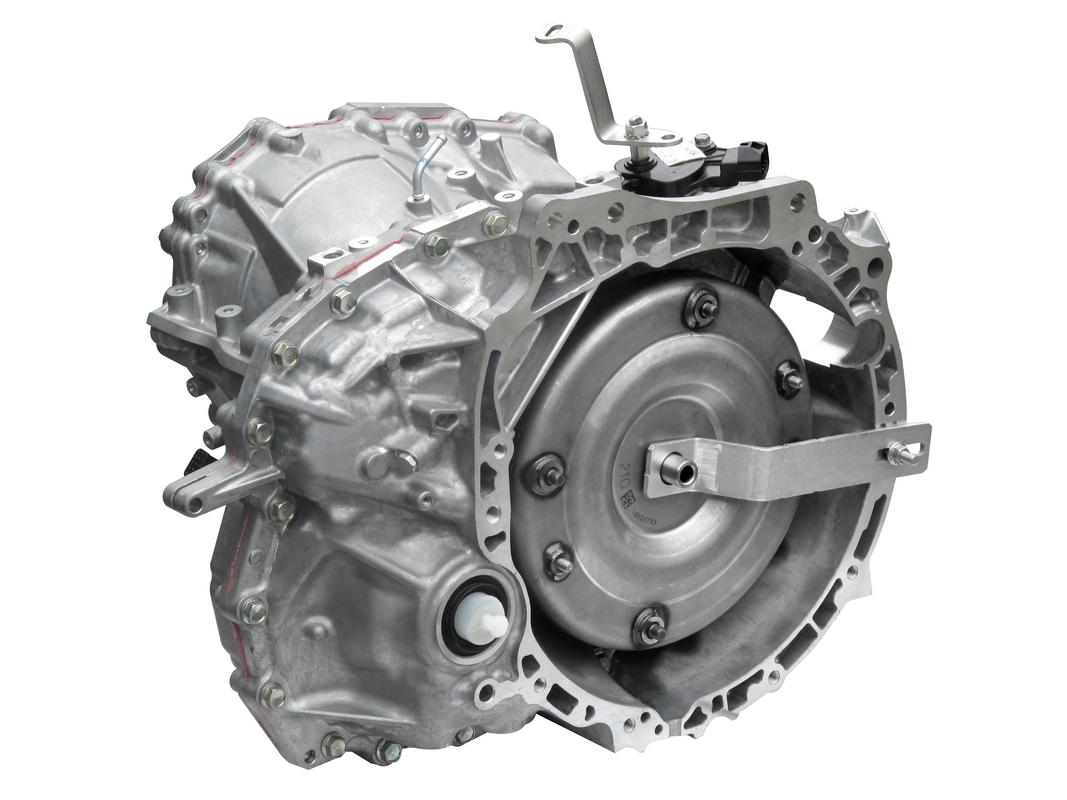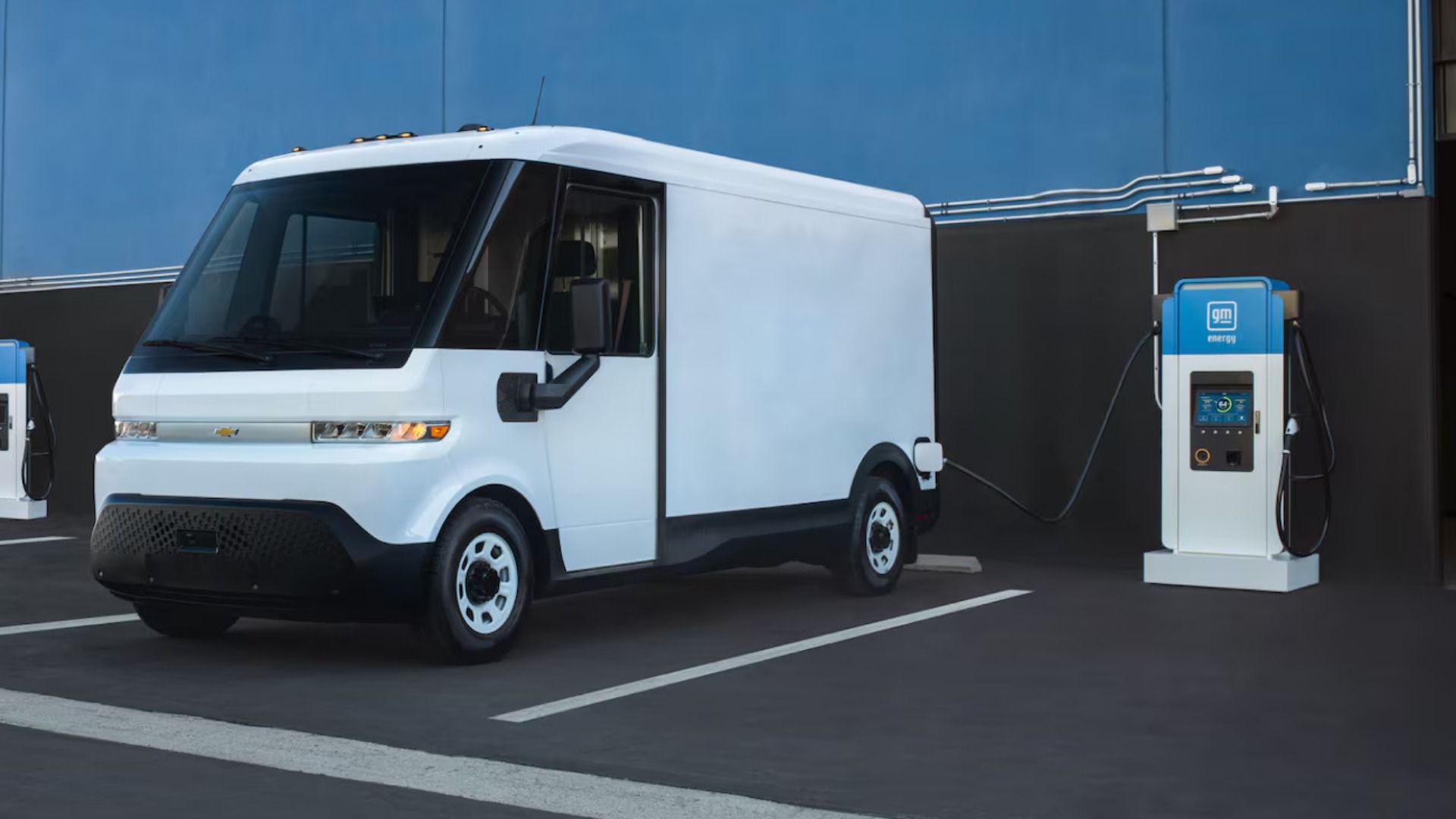CVT vs Automatic: What’s Best for Nissan Drivers?
CVT vs Automatic: What’s Best for Nissan Drivers? in the ever-evolving automotive world, transmission technology remains one of the most crucial yet often misunderstood aspects of vehicle performance. For Nissan drivers, the debate between Nissan CVT vs automatic transmission is not just a matter of preference but a fundamental question influencing driving experience, maintenance costs, fuel efficiency, and vehicle longevity. As Nissan continues to integrate Continuously Variable Transmissions (CVTs) into many of its models, understanding how these compare to traditional automatic transmissions becomes essential for making an informed decision.
This comprehensive exploration will delve into the nuances of both transmission types, examining their design, advantages, drawbacks, and real-world applications specifically within Nissan’s lineup. By the end, you’ll be equipped with valuable insights to decide which transmission aligns best with your driving style and expectations.

Understanding Transmission Technology: CVT and Traditional Automatic
Before dissecting the Nissan CVT vs automatic transmission debate, it’s crucial to grasp what each transmission entails and how they function.
What is a CVT?
A Continuously Variable Transmission is a type of automatic transmission that, instead of using fixed gear ratios, employs a belt and pulley system to offer an infinite range of gear ratios. This means that the CVT can seamlessly adjust to the engine’s power output, providing smooth acceleration without the distinct gear shifts typical in conventional automatics.
In Nissan vehicles, CVTs are often marketed under the name “Xtronic CVT,” symbolizing a sophisticated, fuel-efficient drivetrain technology aimed at enhancing driving smoothness and improving miles per gallon.
What is a Traditional Automatic Transmission?
Traditional automatic transmissions use a series of fixed gears (usually ranging from 5 to 10 speeds in modern vehicles) that shift mechanically or electronically. These gear changes happen in discrete steps, which drivers can often feel as a slight jolt or change in engine noise. Unlike CVTs, conventional automatics use a torque converter to transmit engine power, which affects driving dynamics differently.
Performance and Driving Experience
One of the most significant considerations in the Nissan CVT vs automatic transmission discussion is how each transmission impacts driving performance and feel.
Smoothness and Acceleration
CVTs excel at delivering buttery smooth acceleration, as they lack traditional gear shifts. The engine speed rises or falls gradually, giving a sensation often described as “rubber band-like” because the engine revs don’t change abruptly. This seamless power delivery translates to a relaxed and comfortable driving experience, especially in stop-and-go traffic or urban environments.
On the other hand, traditional automatics provide more tangible feedback through gear shifts. Some drivers prefer the feeling of distinct gear changes, which can impart a sportier and more engaged driving experience. For Nissan models equipped with automatic transmissions, especially those with more gears (such as 8-speed automatics), shifts can be nearly imperceptible, blending smoothness with a sense of control.
Fuel Efficiency
The Nissan CVT vs automatic transmission debate often pivots on fuel economy. Because CVTs can continuously adjust the gear ratio to keep the engine operating at its most efficient point, they typically deliver superior fuel efficiency compared to traditional automatics.
For example, Nissan models like the Sentra and Rogue equipped with CVTs often boast better miles per gallon ratings than their automatic transmission counterparts. This efficiency can translate into significant savings over time, especially for drivers with long commutes or those who prioritize eco-friendly driving.
Power and Performance Applications
While CVTs excel in efficiency and smoothness, they historically struggled with high-torque applications, such as in performance-oriented vehicles or heavy-duty uses. Traditional automatics, with their robust gearsets and torque converters, often handle powerful engines and aggressive driving better.
Nissan’s approach reflects this reality. Models emphasizing sportiness, such as the Nissan Altima SR or certain versions of the Nissan Maxima, might still employ traditional automatics or dual-clutch transmissions to balance power delivery and driving engagement.
Reliability and Maintenance Considerations
Reliability often becomes the battleground for the Nissan CVT vs automatic transmission comparison, especially given the mixed reputation CVTs have acquired over the years.
Maintenance Requirements
CVTs require specialized maintenance, including the use of specific CVT fluid types and regular fluid changes to prevent premature wear. Neglecting CVT maintenance can lead to overheating, slipping, or belt degradation, which might result in costly repairs.
Traditional automatic transmissions also need regular fluid and filter changes, but their design is generally more forgiving, with many vehicles showing longer intervals between services.
Repair Costs and Longevity
The Nissan CVT vs automatic transmission discussion must address the potential repair and replacement costs. CVT repairs can be expensive due to the intricate design and limited availability of parts, with some consumers reporting transmission failures well before reaching high mileage.
Conversely, traditional automatics have been refined over decades, and their widespread use ensures availability of parts and experienced mechanics. While costly to replace when failures occur, they are generally regarded as more durable over long-term use.
Warranty and Manufacturer Support
Nissan has acknowledged the challenges with CVTs, offering extended warranties and technical service bulletins to address known issues. These efforts indicate both the importance of proper maintenance and the company’s commitment to improving CVT technology.
Traditional automatics, benefiting from established reliability, generally face fewer widespread manufacturer interventions but still demand routine upkeep.
Cost Implications: Purchase Price and Ownership Expenses
Financial considerations often tip the scale in the Nissan CVT vs automatic transmission debate.
Initial Purchase Price
Nissan models with CVTs tend to be priced competitively due to the cost-saving benefits of CVT production and their contribution to fuel economy standards. Traditional automatics, especially multi-speed units, might add slightly to the upfront vehicle price.
Long-Term Ownership Costs
Fuel savings with CVTs can add up over the vehicle’s lifespan, lowering total ownership costs. However, this advantage can be offset by higher maintenance expenses or unexpected transmission repairs.
Traditional automatics may consume more fuel but generally involve lower maintenance risks, creating a trade-off scenario for budget-conscious buyers.
Real-World Consumer Experiences
Analyzing the Nissan CVT vs automatic transmission comparison from a user perspective provides invaluable context.
Common Complaints and Praise for CVTs
Nissan CVT owners frequently praise smooth acceleration and fuel efficiency but sometimes report transmission noise, hesitation, or concerns about longevity. Forums and consumer reports reveal a polarized community—some drivers experience flawless operation, while others encounter early failures.
Traditional Automatic User Feedback
Drivers of Nissan models with traditional automatics often highlight reliability and familiarity as key benefits. While they might accept slightly lower fuel efficiency, many appreciate the reassuring feel of gear shifts and the robustness of conventional transmissions.
Market Trends and Nissan’s Strategy
Nissan’s strategic emphasis on CVTs across its mainstream models signals confidence in this technology’s future. Nonetheless, consumer skepticism remains, prompting the brand to continue refining its CVTs and offering alternatives in performance-oriented vehicles.
Environmental Impact and Technological Innovations
Environmental consciousness influences the Nissan CVT vs automatic transmission discussion. CVTs contribute to reduced emissions due to optimized engine efficiency, aligning with global efforts to lower carbon footprints.
Moreover, ongoing innovations in CVT design, including enhanced belt materials and advanced electronic controls, aim to mitigate past reliability issues. Similarly, traditional automatics have evolved with more gears and lock-up torque converters to improve fuel economy.
Which Transmission is Best for Nissan Drivers?
The answer to the Nissan CVT vs automatic transmission question hinges on individual priorities:
- If you value smoothness, fuel efficiency, and a modern driving experience, the CVT is a compelling choice.
- If you prioritize durability, a traditional driving feel, and proven reliability, a conventional automatic might suit you better.
Understanding your driving habits, vehicle use case, and maintenance willingness will guide the optimal transmission choice.
The Nissan CVT vs automatic transmission debate is a nuanced and evolving topic. Both technologies bring distinct advantages and limitations that Nissan drivers must weigh carefully. As Nissan continues to innovate and refine its transmission systems, staying informed about these differences ensures smarter decisions and more satisfying driving experiences.
Ultimately, the best transmission is the one that aligns with your lifestyle, expectations, and budget—empowering you to enjoy every mile behind the wheel.








